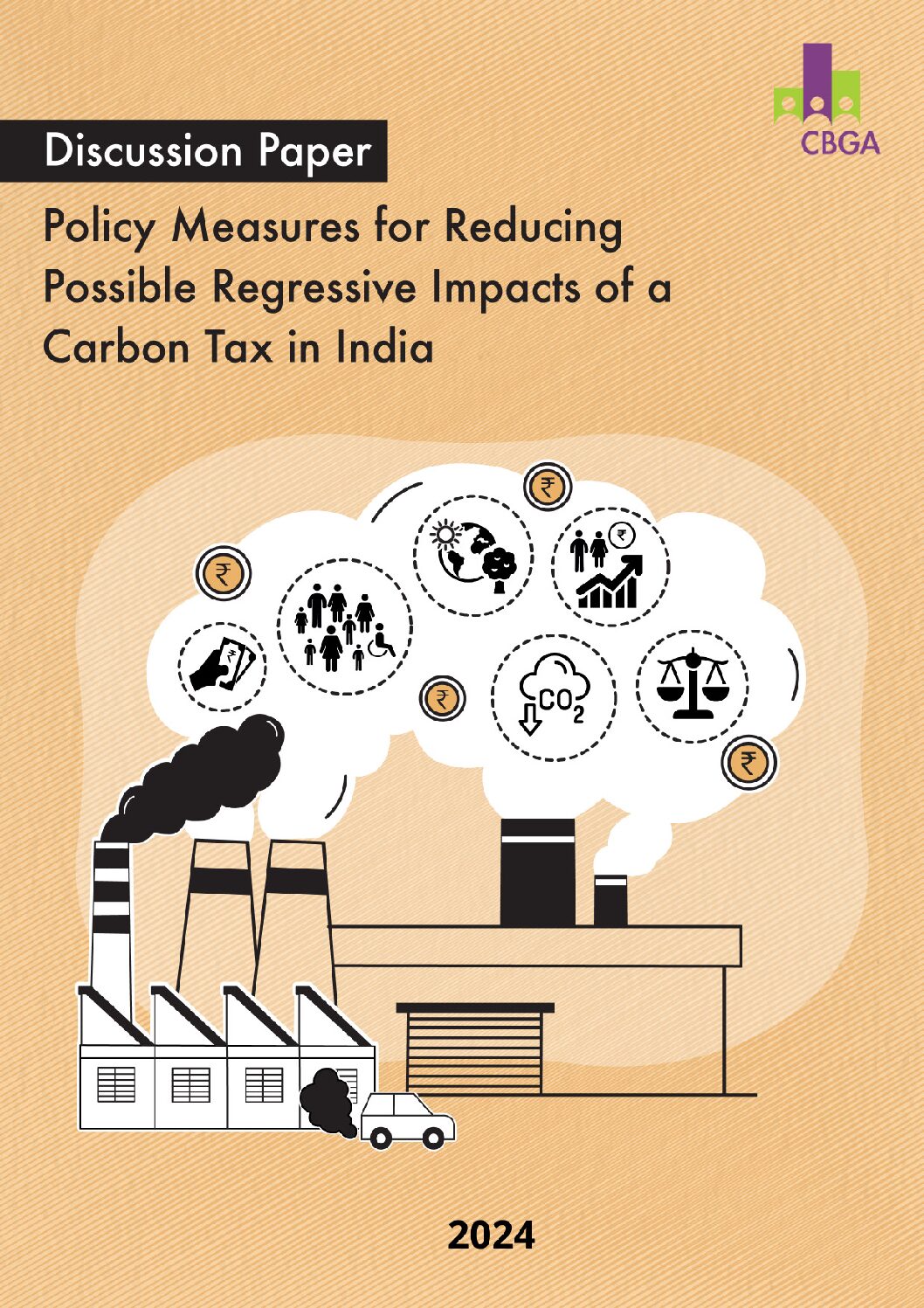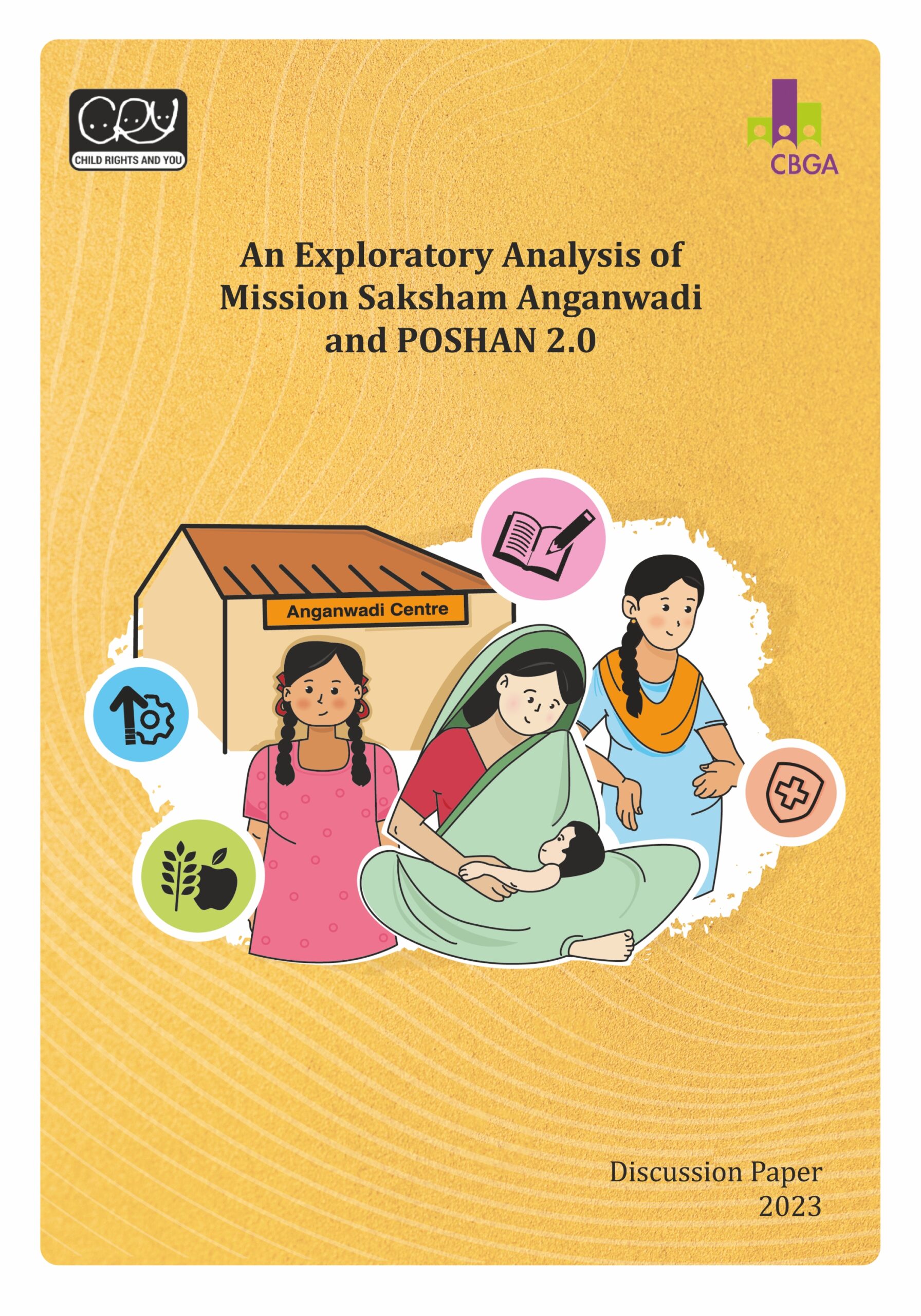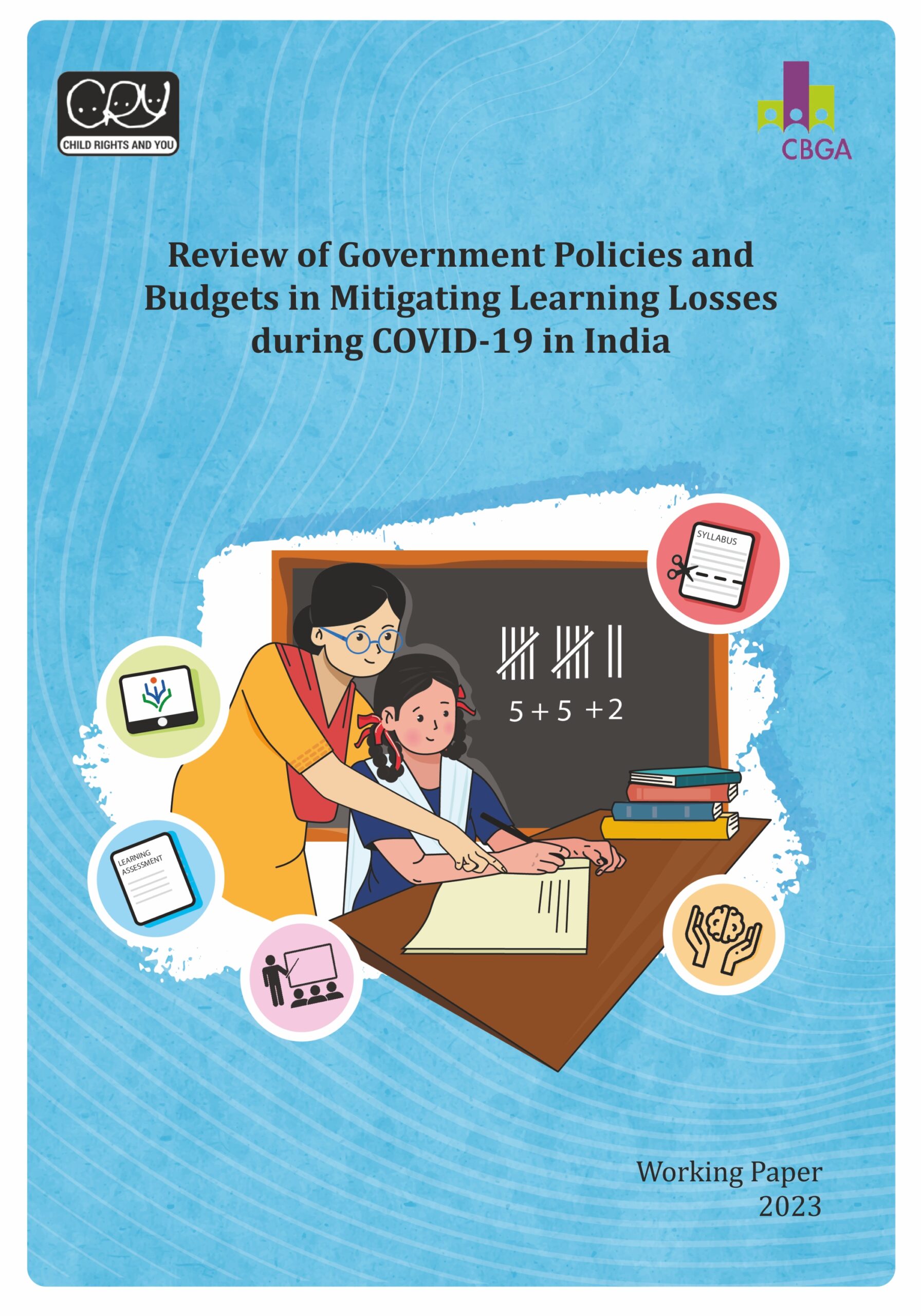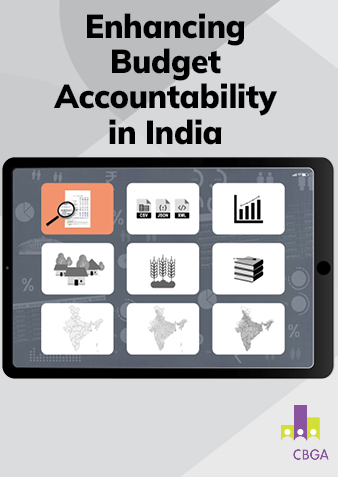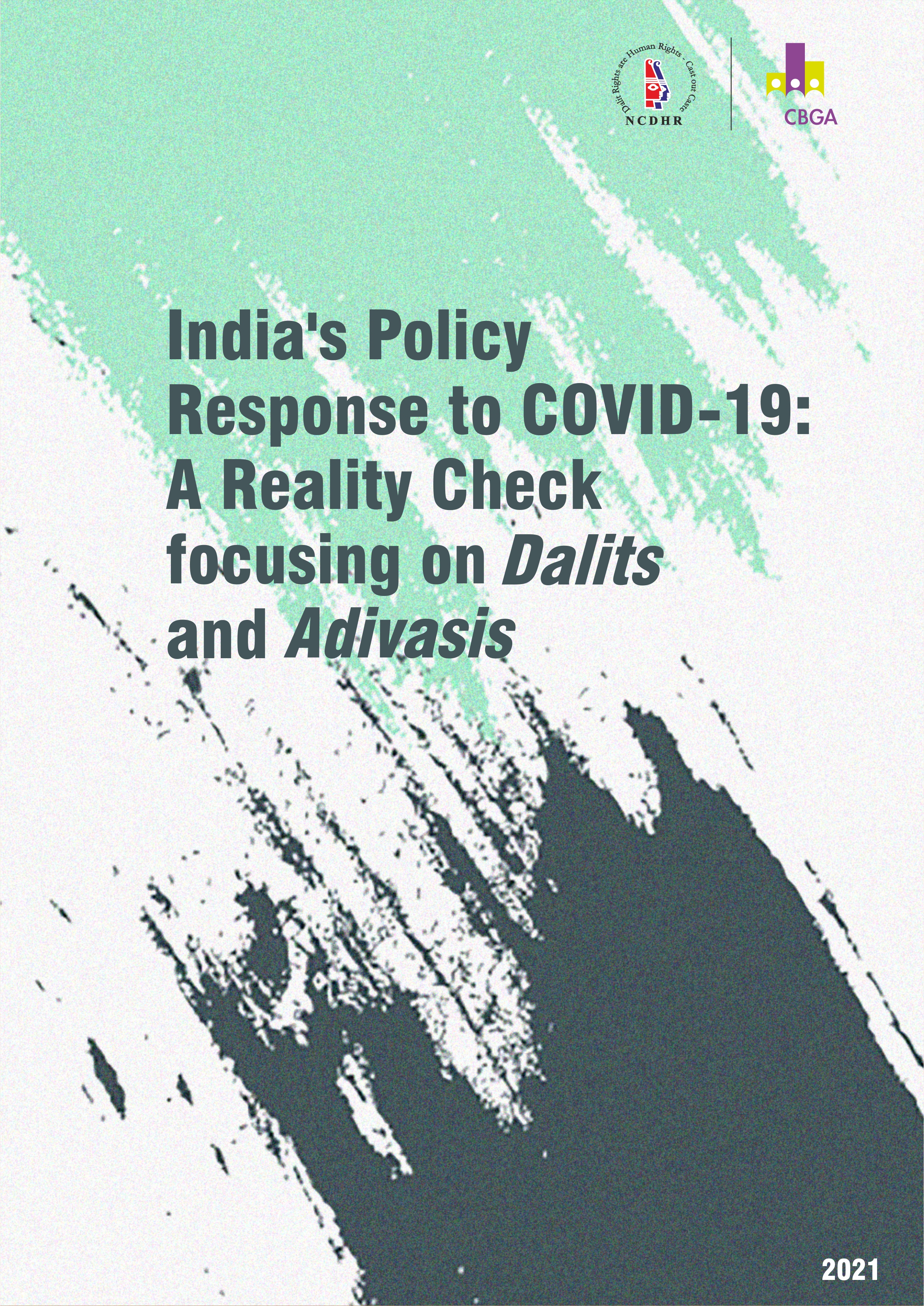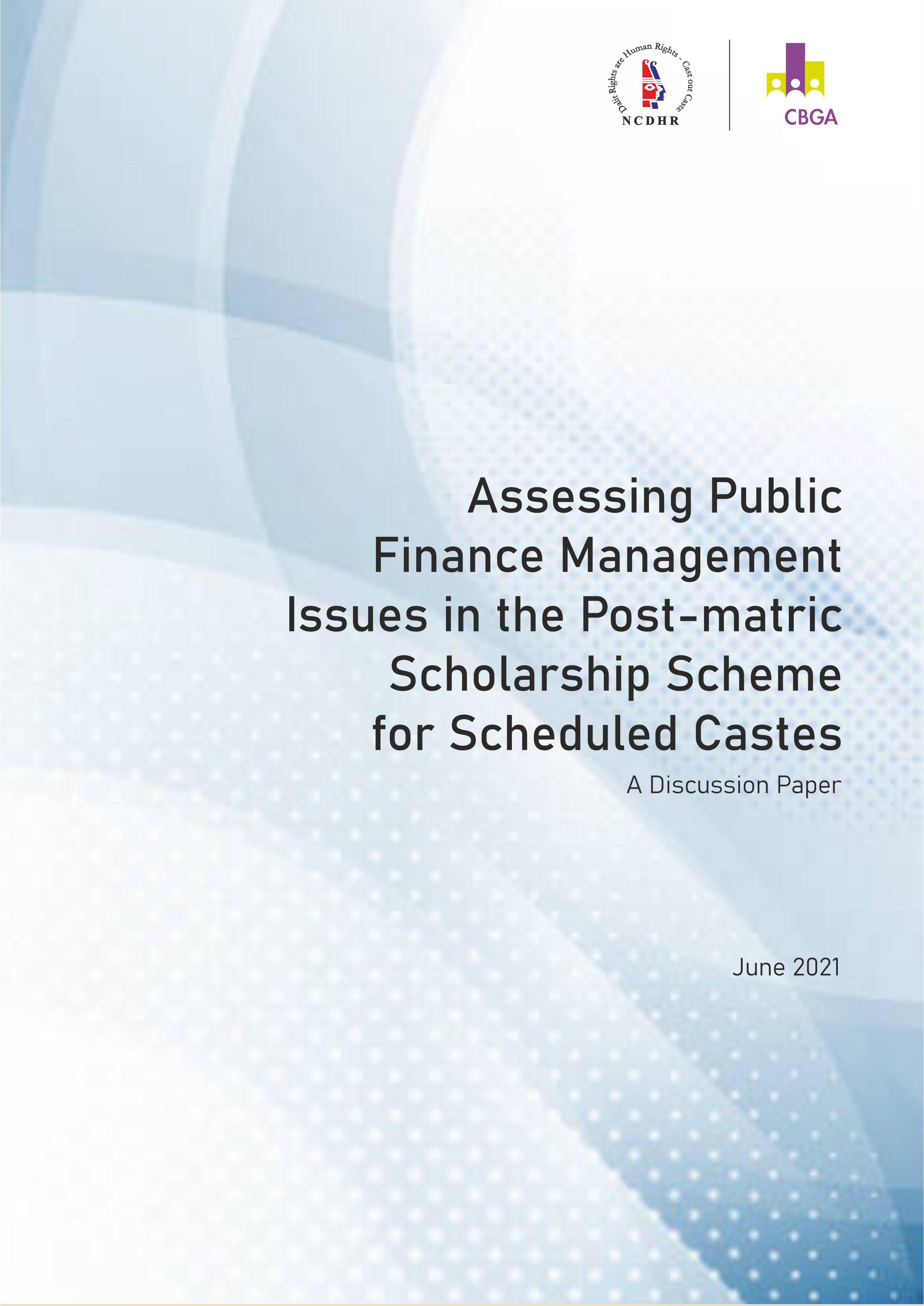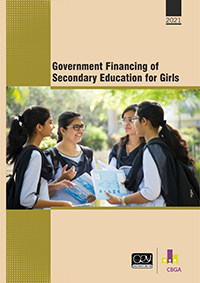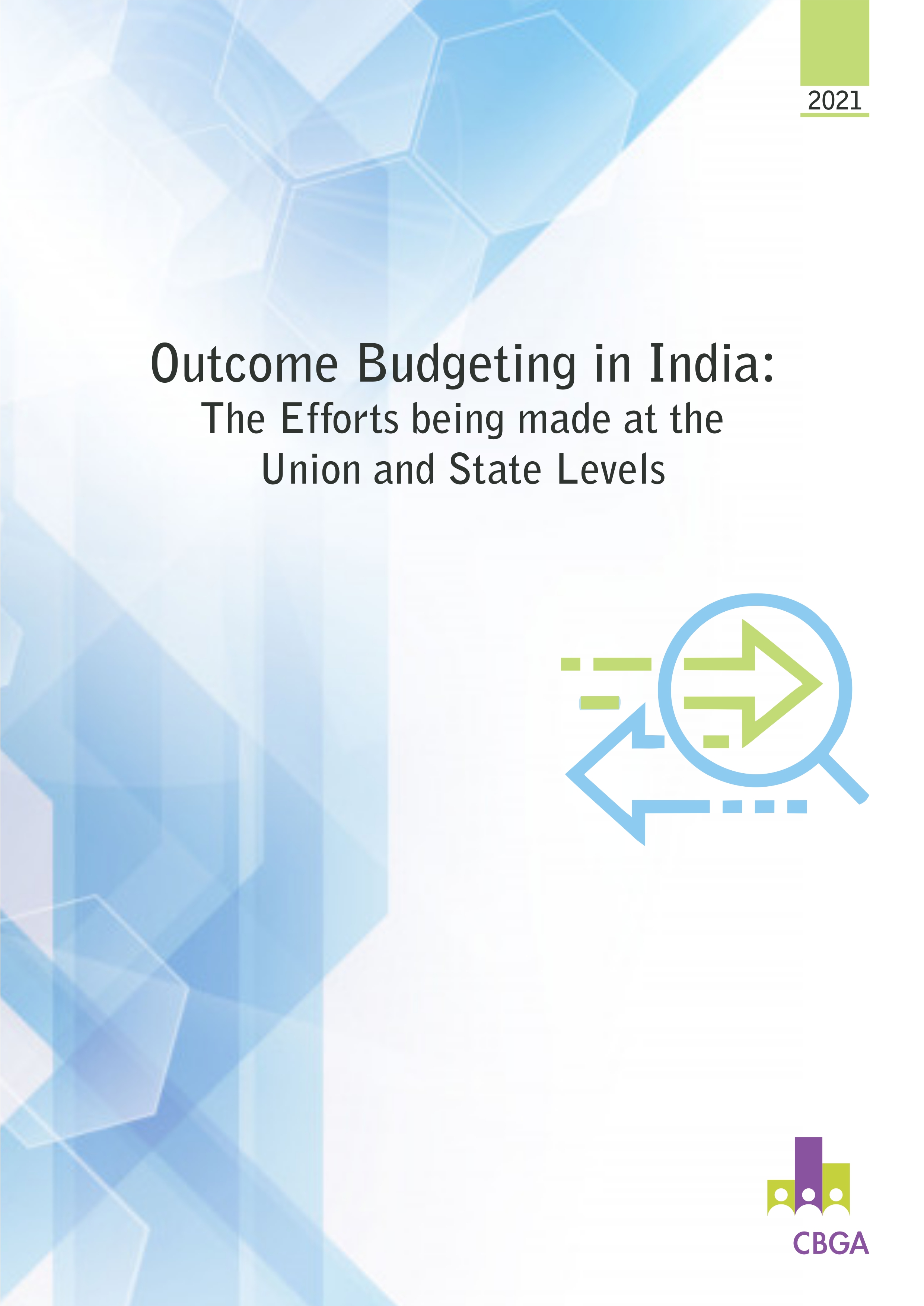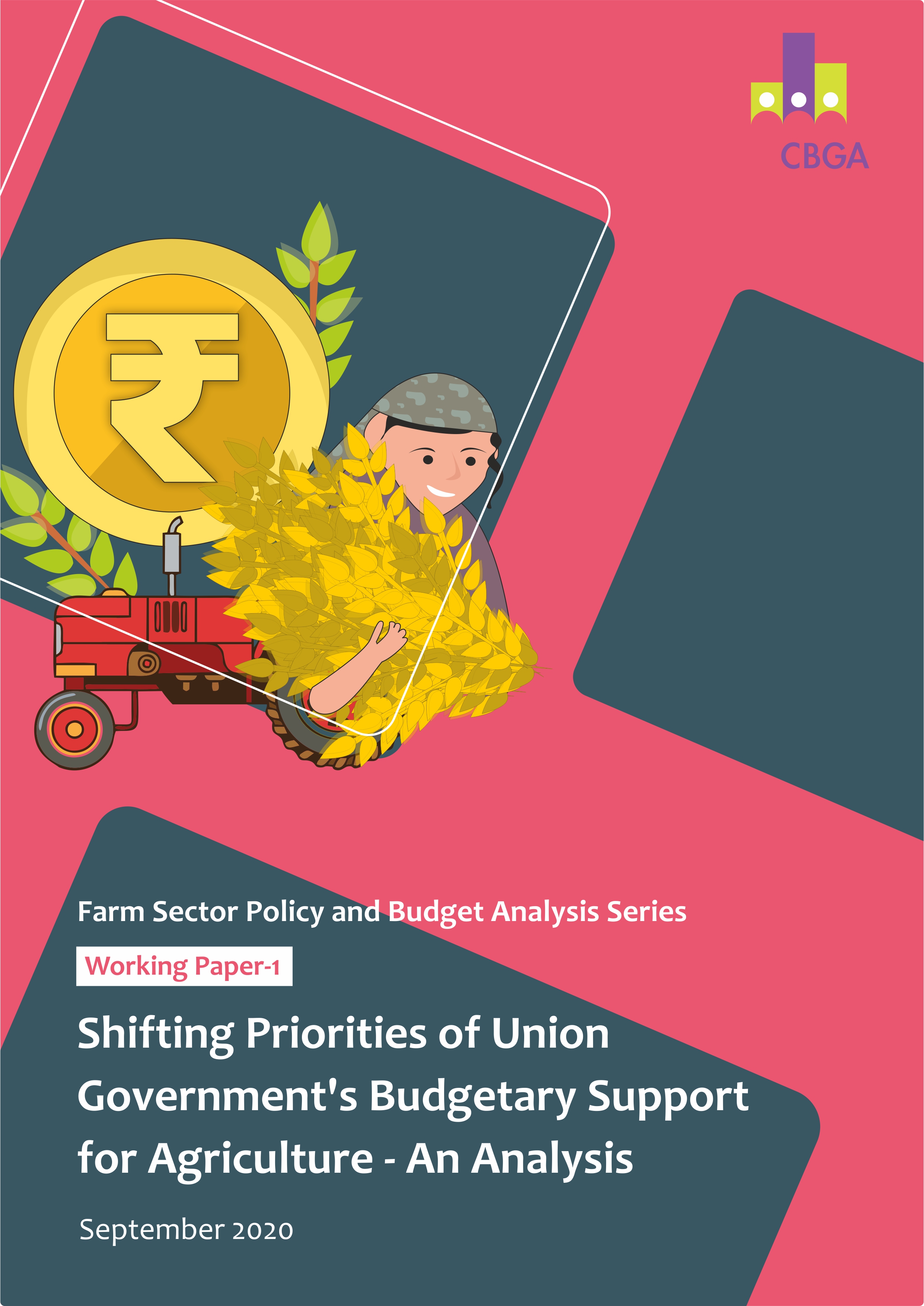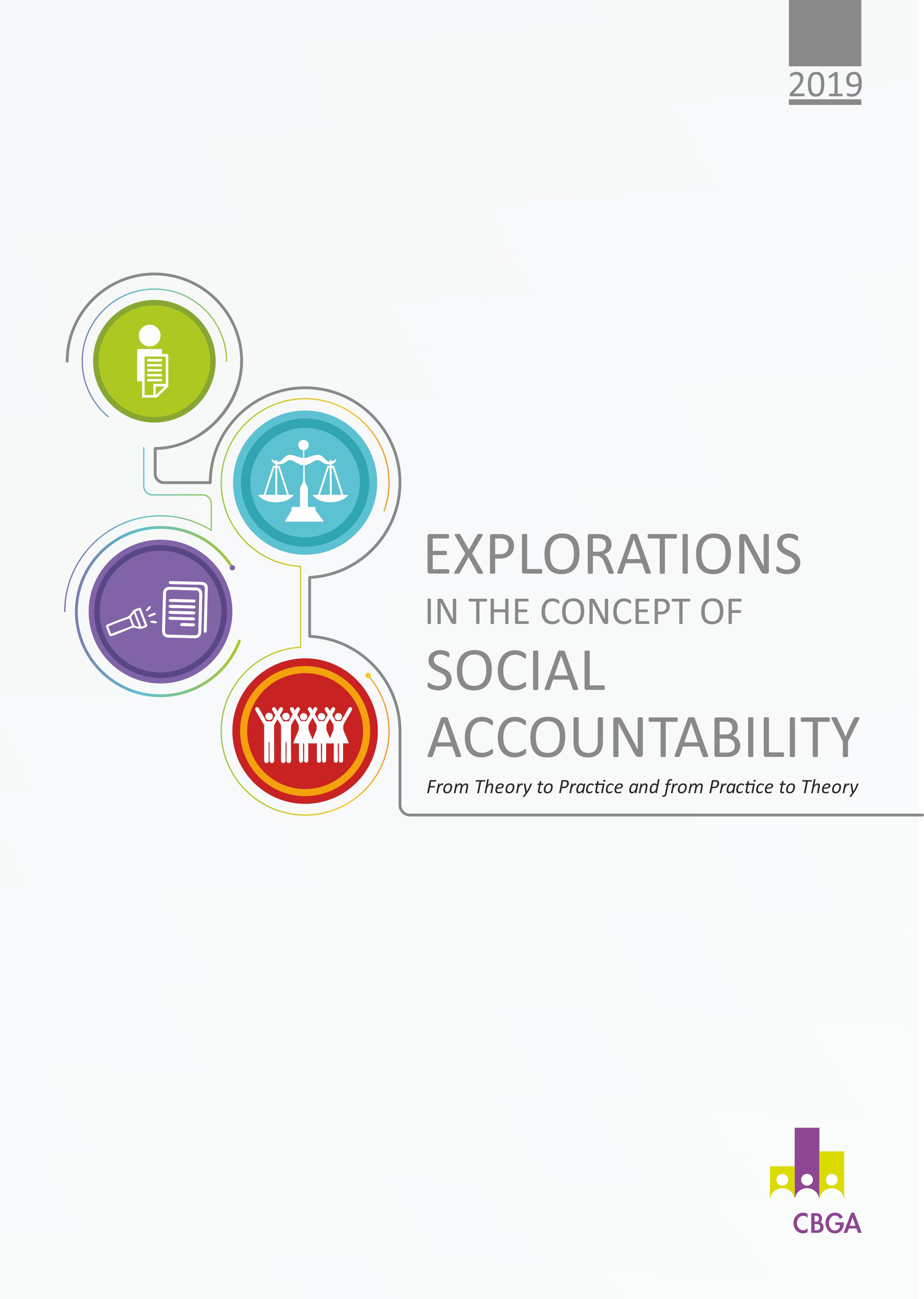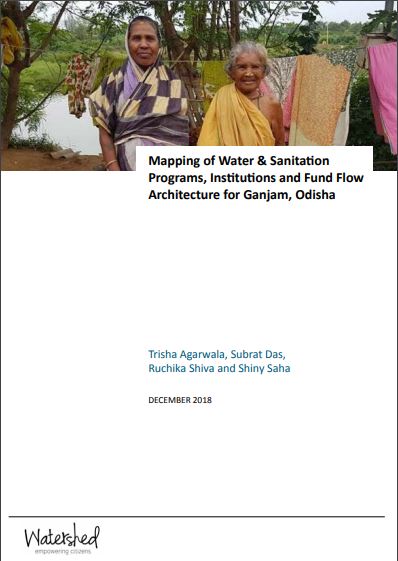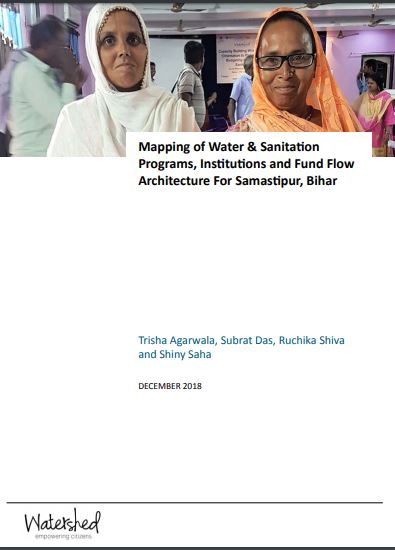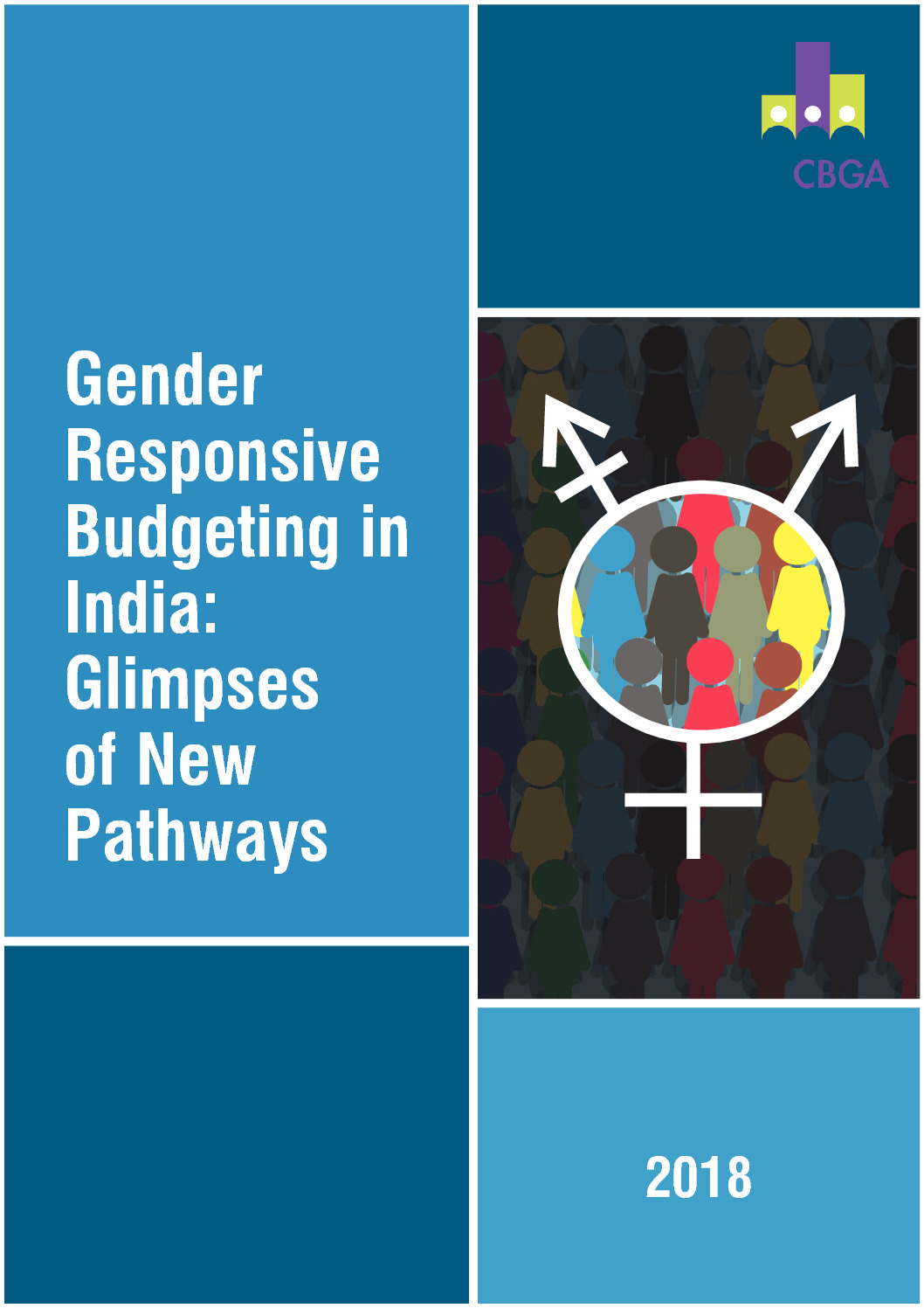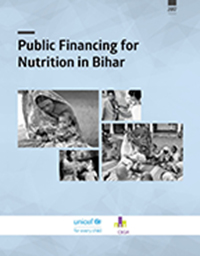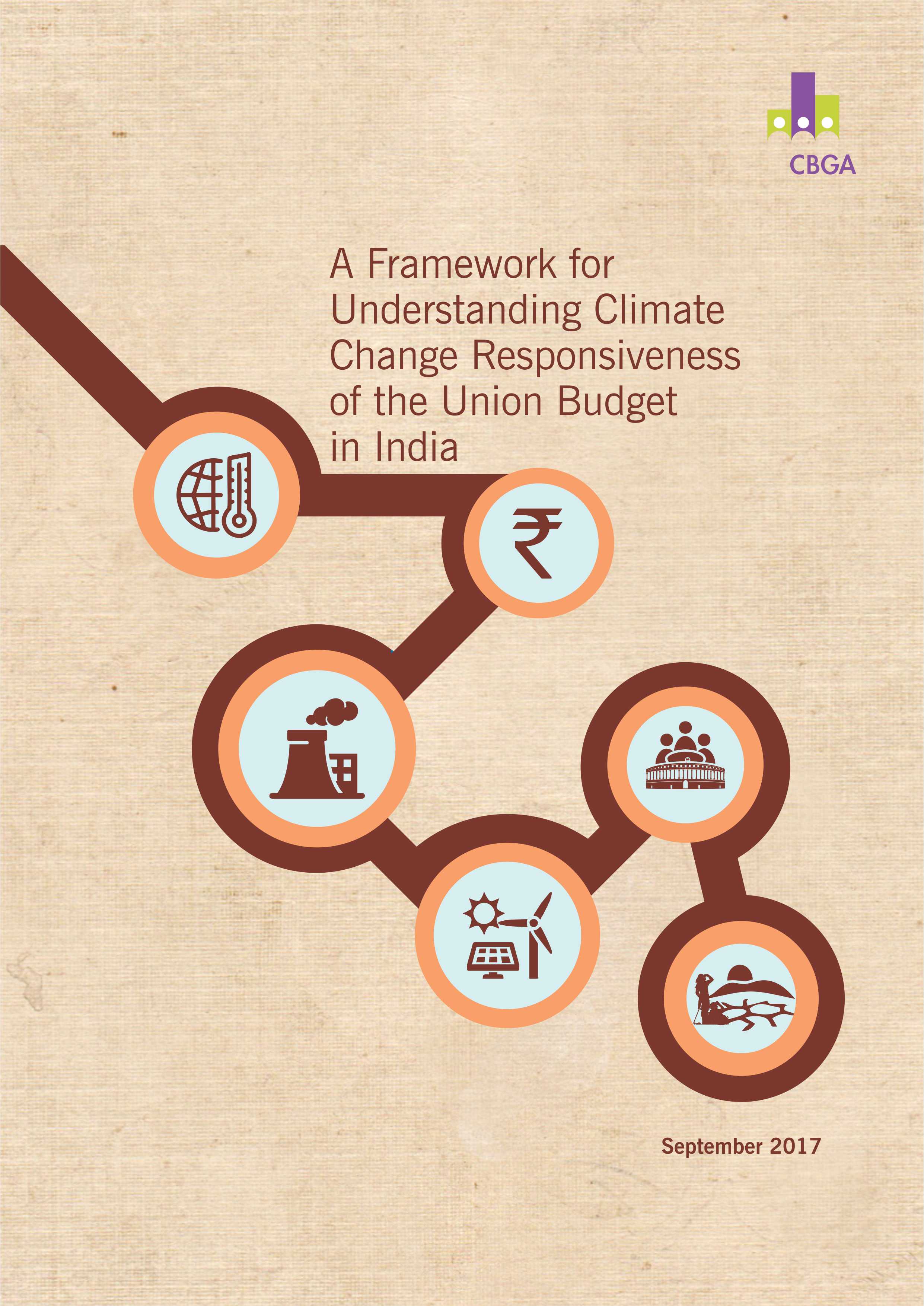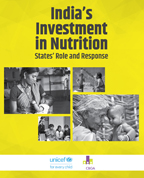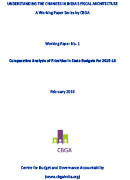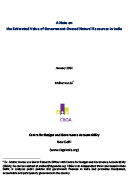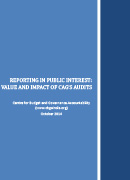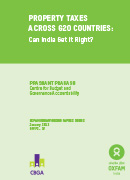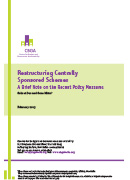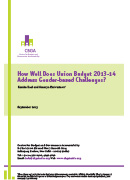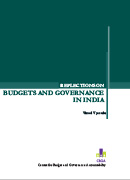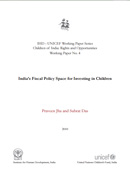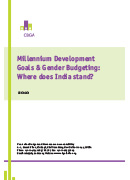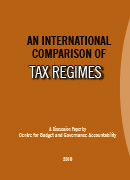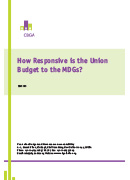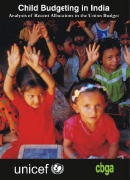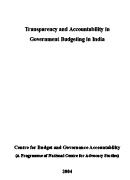Digitalisation of secondary school education in Delhi during the COVID-19 pandemic: How does gender factor in?
CBGA in collaboration with Southern Voice carried out this study. The study presents a qualitative analysis of the public provisioning of secondary education in India and how it was transformed by the use of digital technologies during the COVID-19 crisis. Further, it delved into the question whether this shift was experienced differentially based on gender, and how the differences, if any, were experienced, and examine the risks and opportunities generated for students and other stakeholders.
It was found that inadequate access to digital devices within households was a significant barrier across genders, with girls being slightly more affected. Girls were also less likely to have a conducive learning environment to study at home and were in some cases constrained by an increased burden of domestic work. They were also more likely than boys to express a strong preference for traditional learning. Systemic deficiencies such as lack of adequate teaching and non-teaching staff, and narrow, exam-centred pedagogies were also at play. The paper also presents a set of recommendations.


